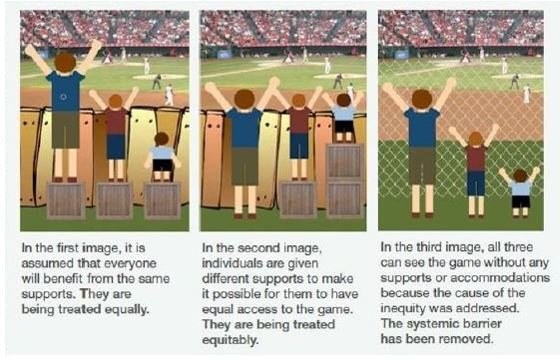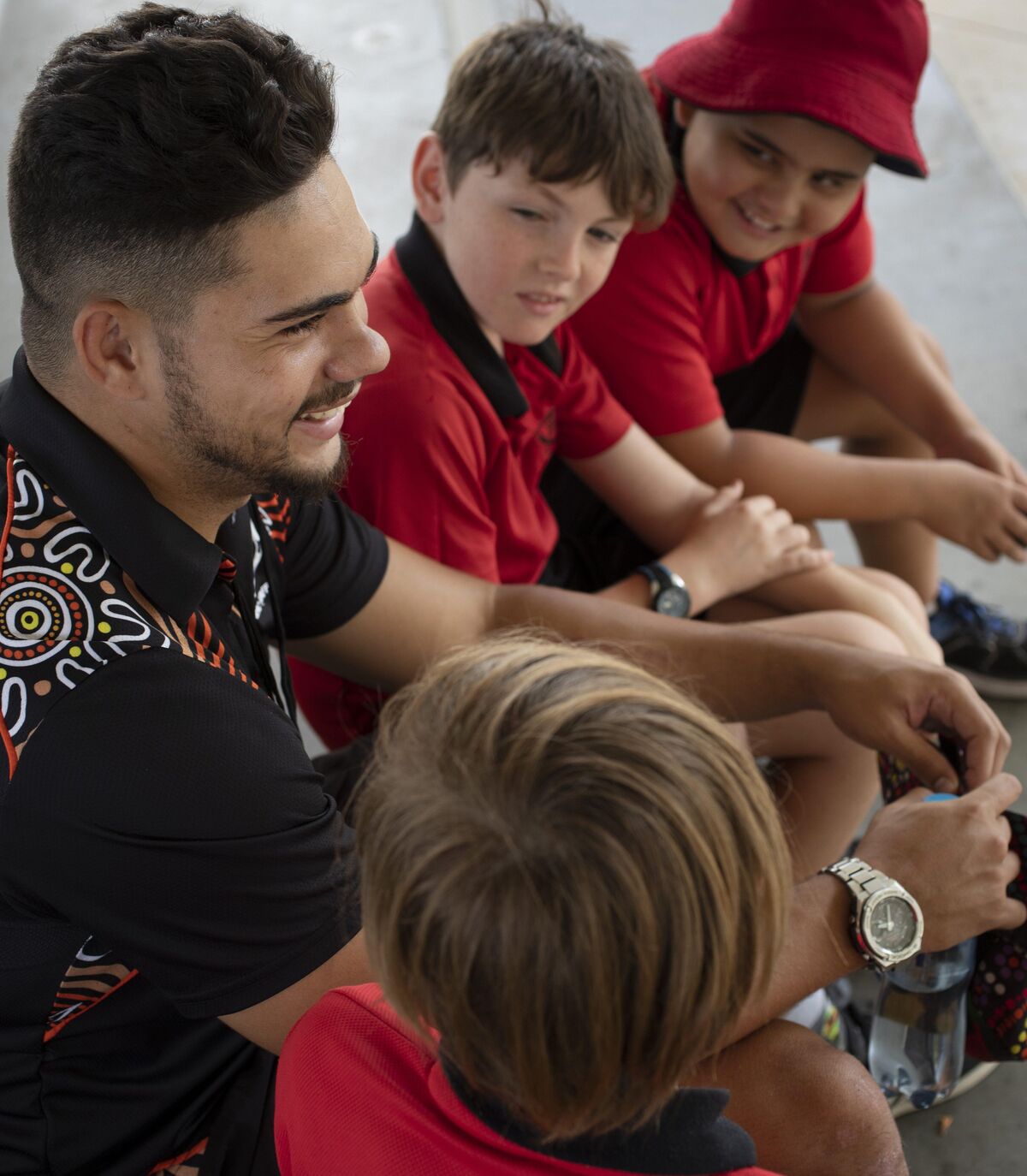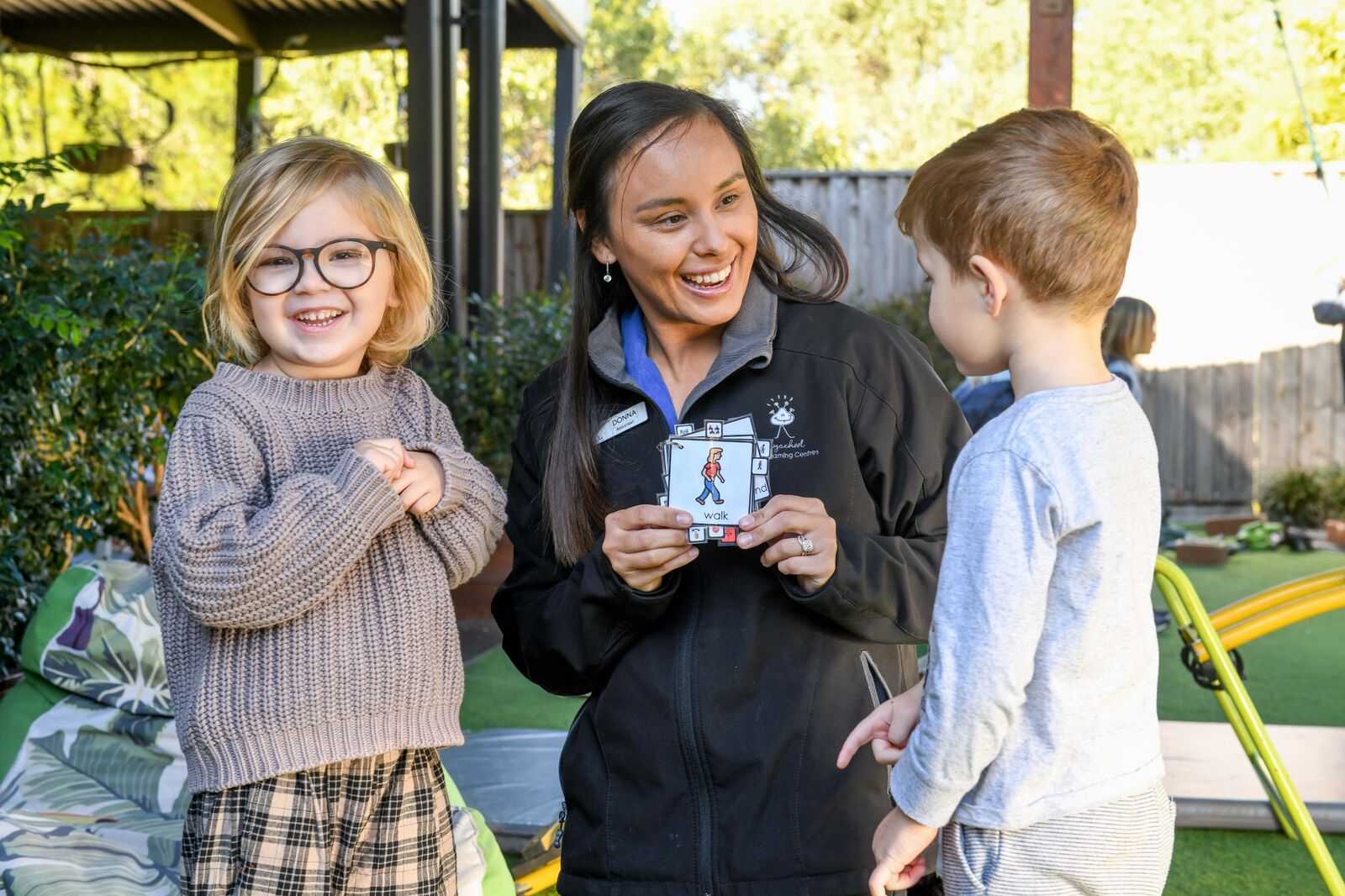
Our work with educators is informed by the following Inclusion Statement...
- Inclusion within the context of early childhood education and care recognises the right of every child to participate meaningfully in all aspects of community life.
- Active and meaningful participation is not the same as just enrolling in or attending an early childhood education and care service.
- Inclusion happens when children are viewed as capable and valued contributors as opposed to having deficits that need to be fixed.
- Inclusion is about human diversity, where everyone is viewed as being unique.
- True inclusive practice values diversity as a resource that informs all policy and practice.
- Inclusion is everybody’s responsibility.
- Inclusion benefits everybody and makes a difference not just for now, but for the future.
On this page:
Inclusion means that...
- Every child has the right to participate in high quality early childhood education
- All children are viewed as being capable learners and contributors in ECEC services
- The strengths and interests of each child are acknowledged
- Inclusion is not about ’fixing’ the child or improving their skills so that they fit into the ECEC environment, it is about changing what we do as educators so that all children can participate
- The focus is on the whole environment and not just an individual child
- Diversity is acknowledged, respected and viewed as a resource for learning, growth and change
- All educators are responsible for identifying inclusion barriers and learning about ways to overcome them
- Educators build partnerships with families, other professionals and the wider community
Inclusion happens when...
All children are recognised as being capable learners and valued contributors to their environments and educators...
- Are supported in their practice by strong leadership
- Work together as a team to think about how inclusive their practices are
- Work collaboratively with families and support them to understand inclusion and how children learn in social settings
- Support children to communicate with, and learn from each other
- Value and view all children as capable and competent
- Recognise that every child is different, and plan programs to support this
- Build relationships with all children and families
- Support children to make choices about their play and learning
- Encourage children to develop confidence and be independent
The Benefits of Inclusion
Inclusion benefits everybody and makes a difference not just for now, but for the future.
Barriers to inclusion
Common misunderstandings of inclusion can influence our thinking. Accessing support from the Inclusion Agency is one of the ways educators can be supported to explore their understanding of inclusion and create change that benefits everyone.
Inclusion is not about everyone being treated the same.
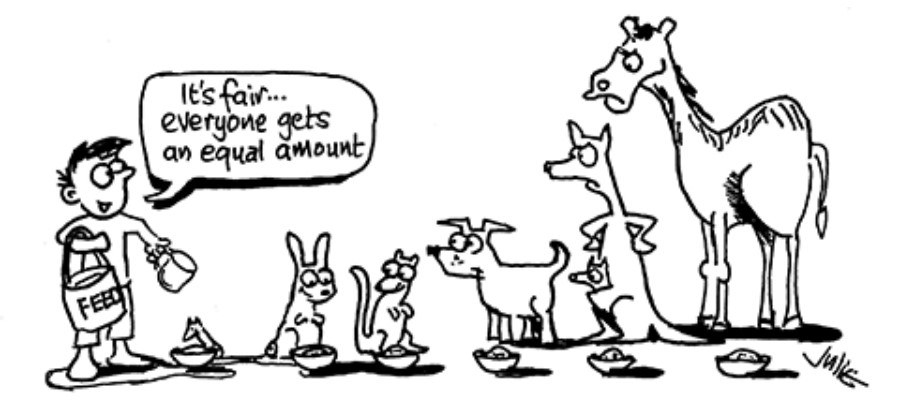
Included with permission J. Smith, 2014 https://www.betterevaluation.org/en/blog/why_is_equity_so_important_in_evaluation
Inclusion is often confused with integration
Exclusion and segregation can sometimes happen unintentionally. Research shows that inclusion has the best outcomes for all children.
Adapted from USJC, 2019. https://uscj.org/blog/making-our-kehillot-a-place-to-belong
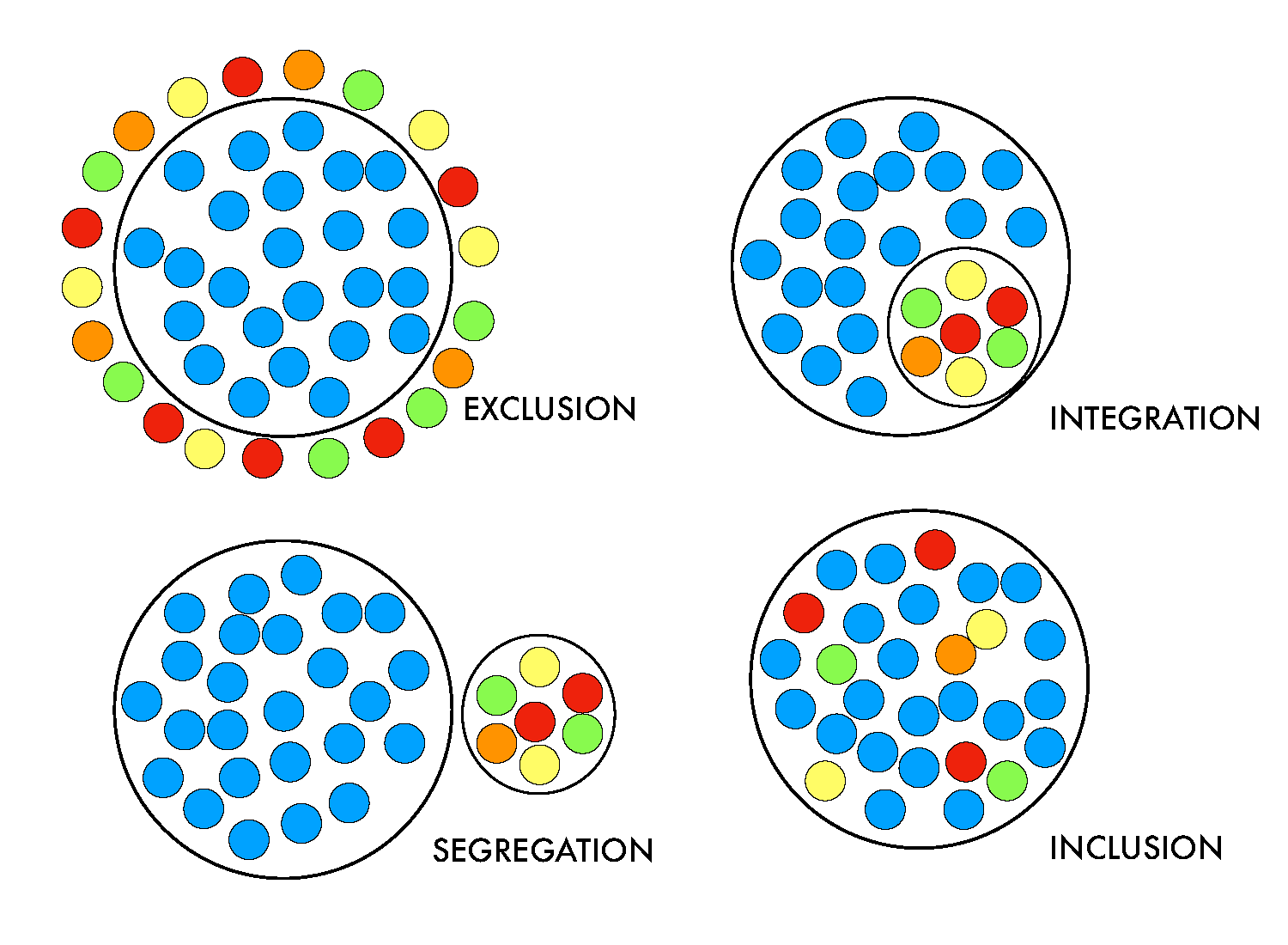
Inclusion is a right, not a nice or charitable thing to do for children
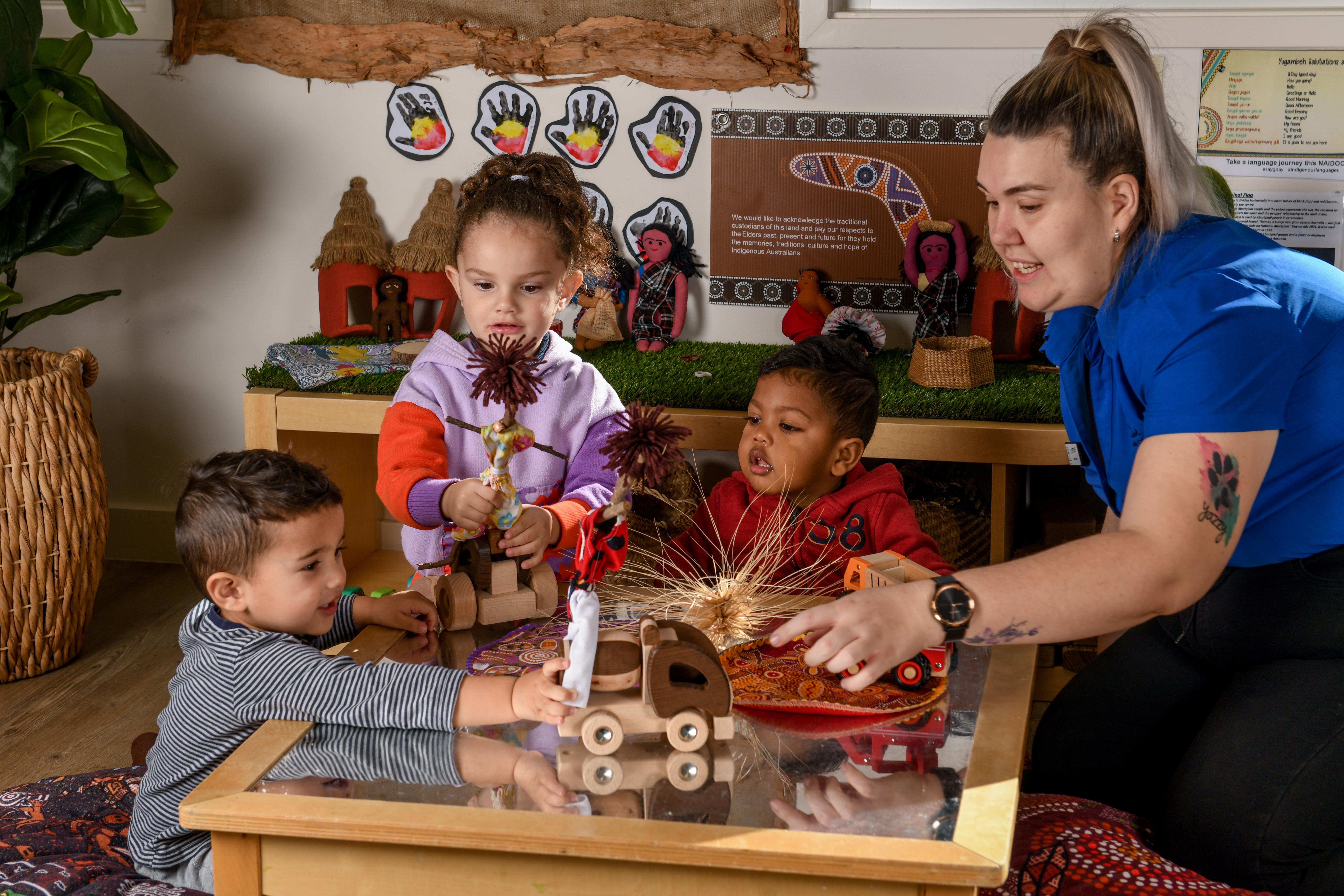
Inclusion is a human right.
The right to both access and participation is law, not a choice.
Inclusion is not just about disability
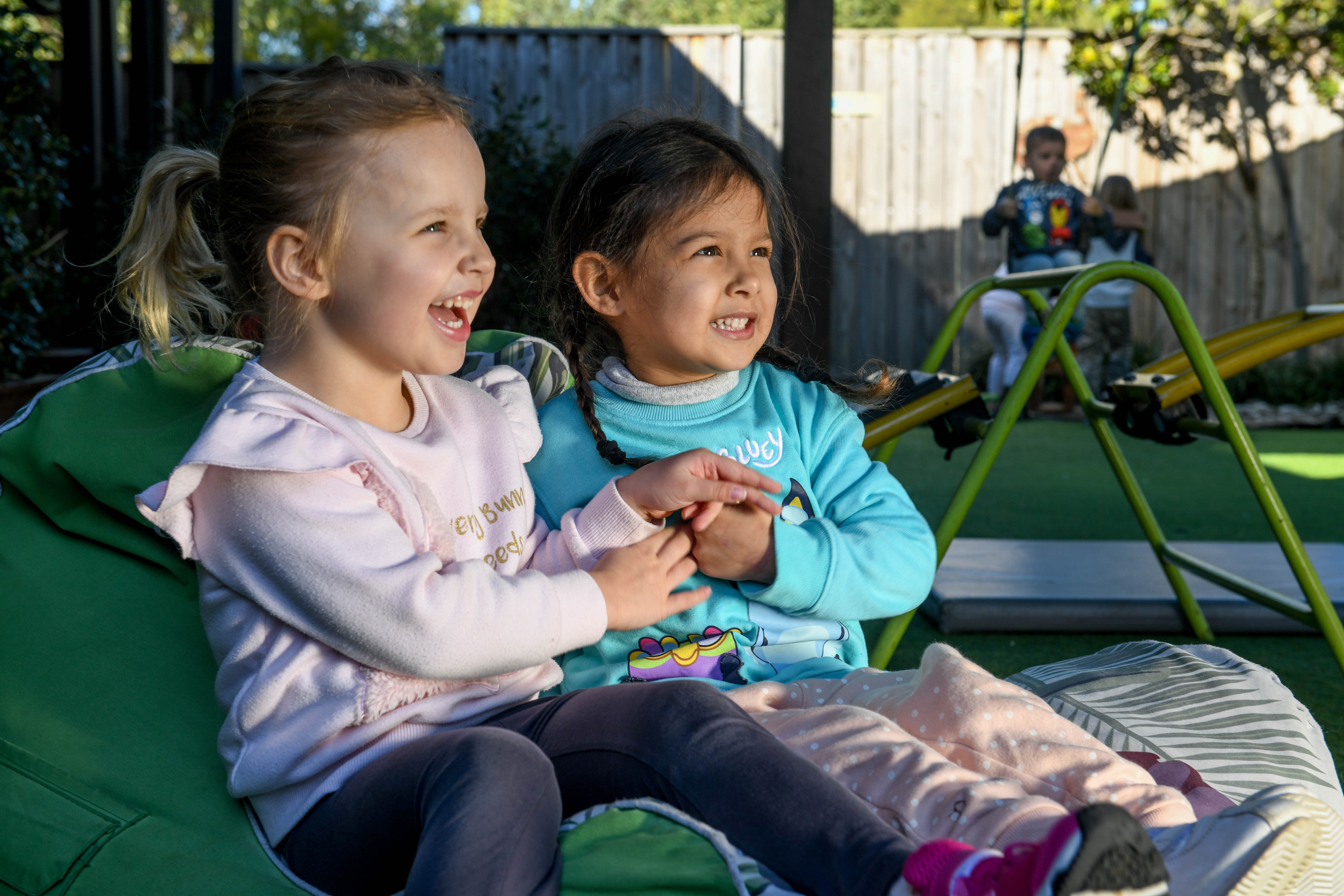
Inclusion is about everyone.
Every person's strengths, interests, culture, values and beliefs are acknowledged and respected.
Inclusion and special education are not the same
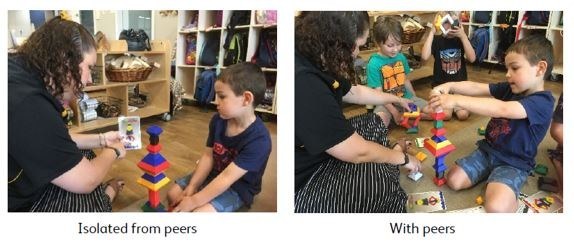
Inclusion is about each child within a service being valued as a contributor within the group alongside their peers.
Inclusion is embedding the interests and strengths of every child into daily practice and programming across multiple situations throughout the day. Special Education has an individualised focus on differences and deficits. Inclusion and Special Education are different concepts and not interchangeable.
Typically developing children do not miss out when inclusion happens
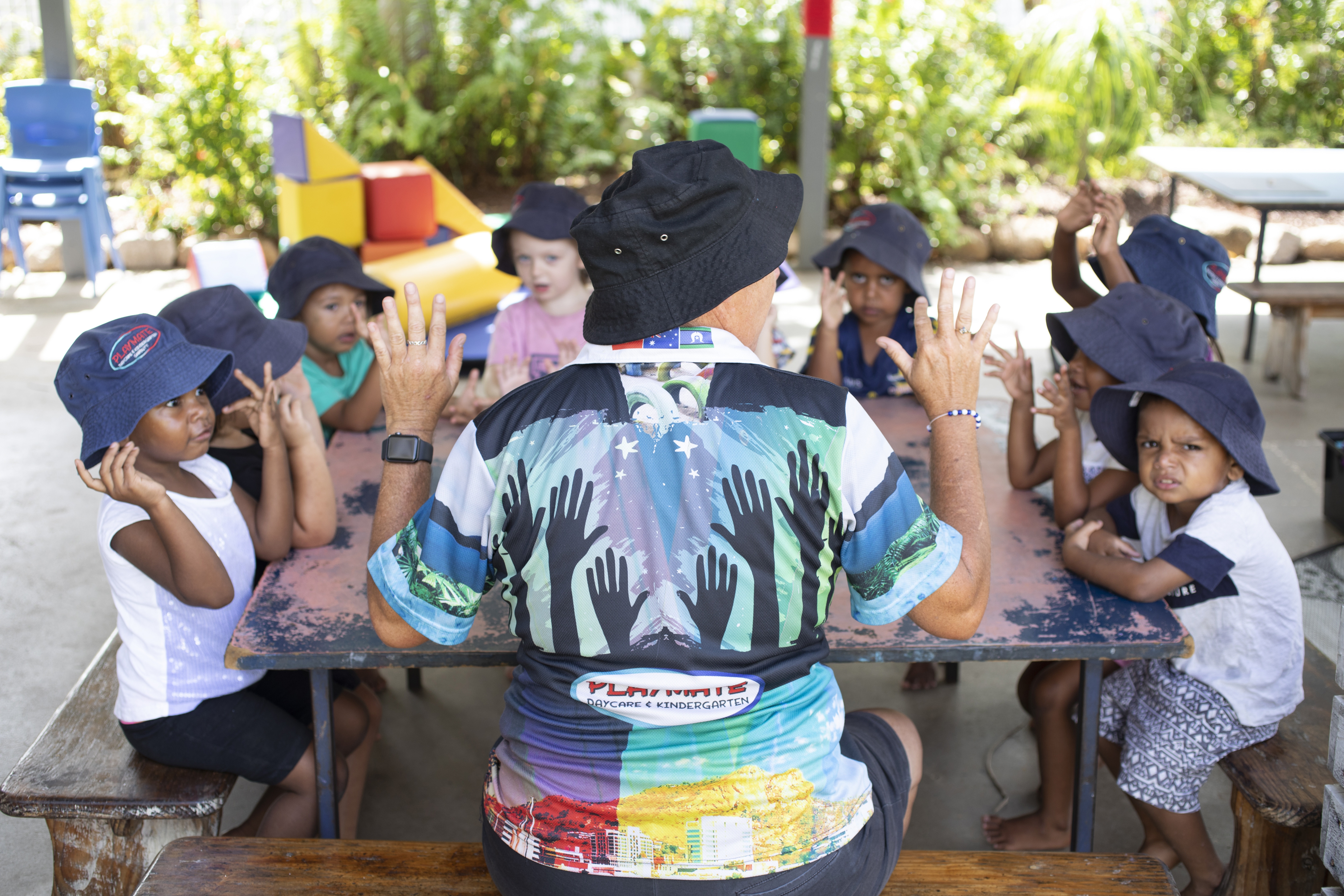
All children benefit from inclusion.
Children who understand diversity and embrace difference will value all people within their community, and actively contribute to an inclusive society.
Barriers create exclusion
Inclusion is possible when actual barriers are identified and addressed.
